Sri Lankans begin voting on September 21 in a presidential election that will determine the country's direction after its worst economic crisis and subsequent political upheaval.
The election featured 38 candidates, but was largely framed as a three-horse race between incumbent President Ranil Wickremesinghe, lawmaker Anura Kumara Dissanayake and opposition leader Sajith Premadasa.
There are 17 million eligible voters in the South Asian island nation of 22 million people, and final results are expected to be announced on September 22.
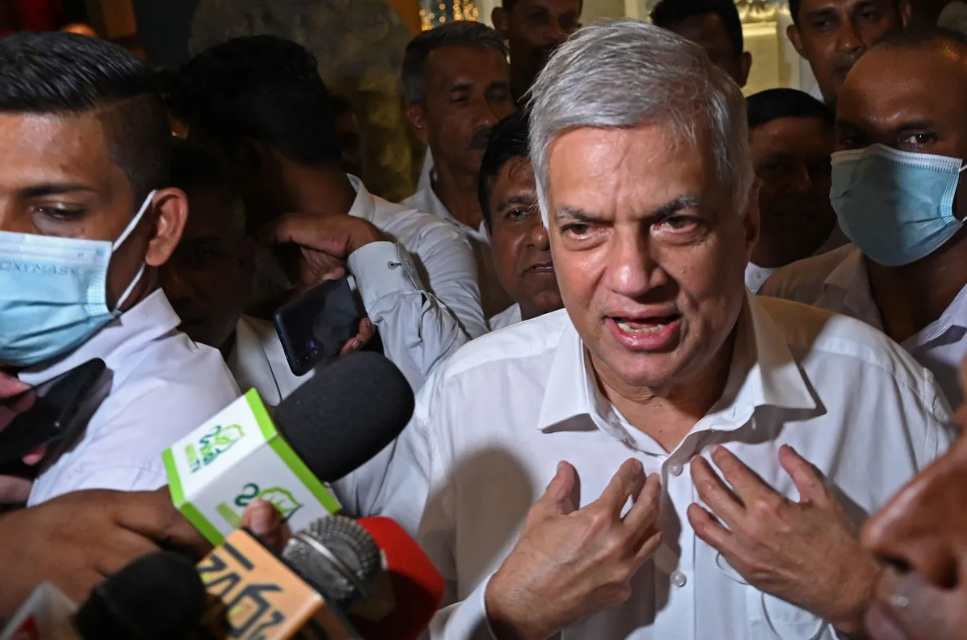
Sri Lankan President Ranil Wickremesinghe. Photo: Getty Images
The election results will show whether Sri Lankans approve of Wickremesinghe's leadership of the country's fragile recovery, including debt restructuring under an International Monetary Fund (IMF) program after the country defaulted in 2022.
On September 19, the government in Colombo announced that it had cleared the final hurdle in debt restructuring by reaching an agreement in principle with private bondholders.
Sri Lanka's total domestic and foreign debt stood at $83 billion when it defaulted two years ago, and the Sri Lankan government says it has now restructured more than $17 billion.
Despite significant improvements in key economic figures, Sri Lankans are still struggling with high taxes and high cost of living.
Both Mr Premadasa and Mr Dissanayake, the two candidates running directly against Mr Wickremesinghe, have said they would renegotiate the deal with the IMF to make the austerity measures more palatable.
Wickremesinghe has warned that any move to change the fundamentals of the deal could delay the disbursement of a fourth tranche of nearly $3 billion pledged by the IMF, which is crucial to maintaining stability.
Sri Lanka's economic crisis is largely due to excessive borrowing for projects that do not generate revenue.
The impact of the Covid-19 pandemic and the government's insistence on using scarce foreign exchange reserves to support the local currency (Sri Lankan Rupee) contributed to the economy's "free fall".
The economic collapse has caused severe shortages of essentials such as medicine, food, cooking gas and fuel, forcing people to spend days queuing to buy them.
This led to riots as protesters occupied key buildings including the then President Gotabaya Rajapaksa's residence, forcing Rajapaksa to flee the country and resign.
Minh Duc (According to LBC News)
Source: https://www.nguoiduatin.vn/nguoi-sri-lanka-bo-phieu-bau-tong-thong-moi-ke-tu-khi-dat-nuoc-vo-no-204240921104703939.htm


![[Photo] General Secretary To Lam receives King Philippe of Belgium](https://vstatic.vietnam.vn/vietnam/resource/IMAGE/2025/4/1/e5963137a0c9428dabb93bdb34b86d7c)
![[Photo] Close-up of Vietnam's sniffer dog team searching for earthquake victims in Myanmar](https://vstatic.vietnam.vn/vietnam/resource/IMAGE/2025/4/1/d4949a0510ba40af93a15359b5450df2)


![[Photo] Prime Minister Pham Minh Chinh meets with King Philippe of Belgium](https://vstatic.vietnam.vn/vietnam/resource/IMAGE/2025/4/1/be2f9ad3b17843b9b8f8dee6f2d227e7)
![[Photo] President Luong Cuong and King Philippe of Belgium visit Thang Long Imperial Citadel](https://vstatic.vietnam.vn/vietnam/resource/IMAGE/2025/4/1/cb080a6652f84a1291edc3d2ee50f631)
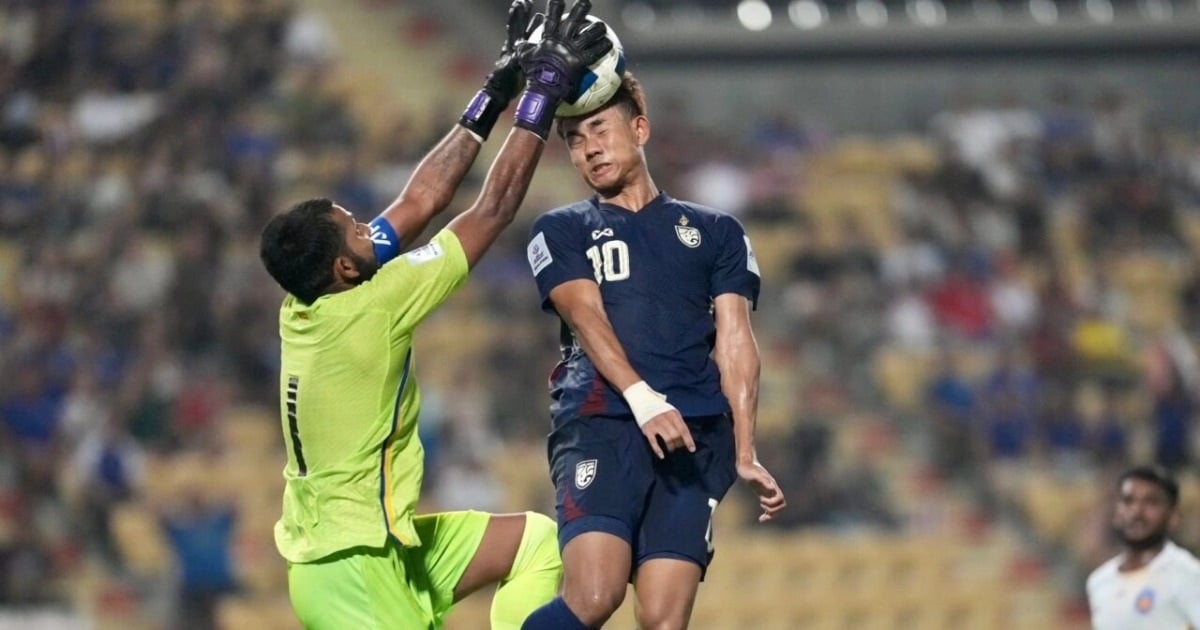

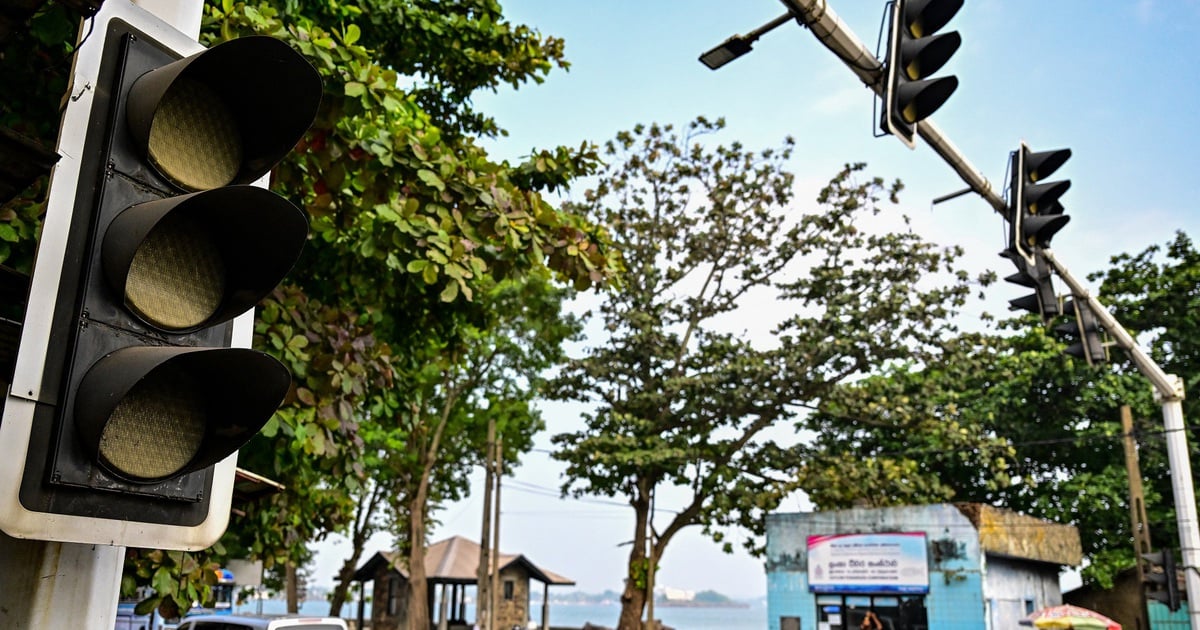

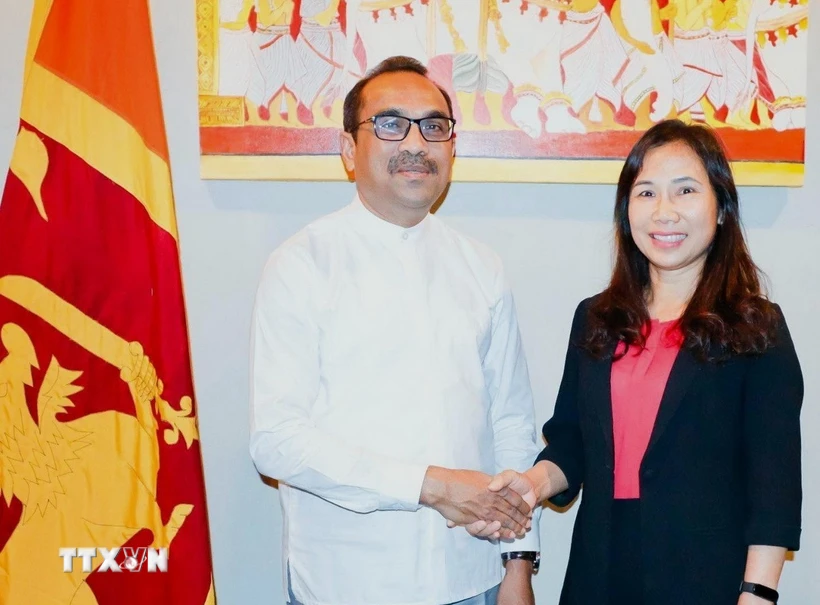

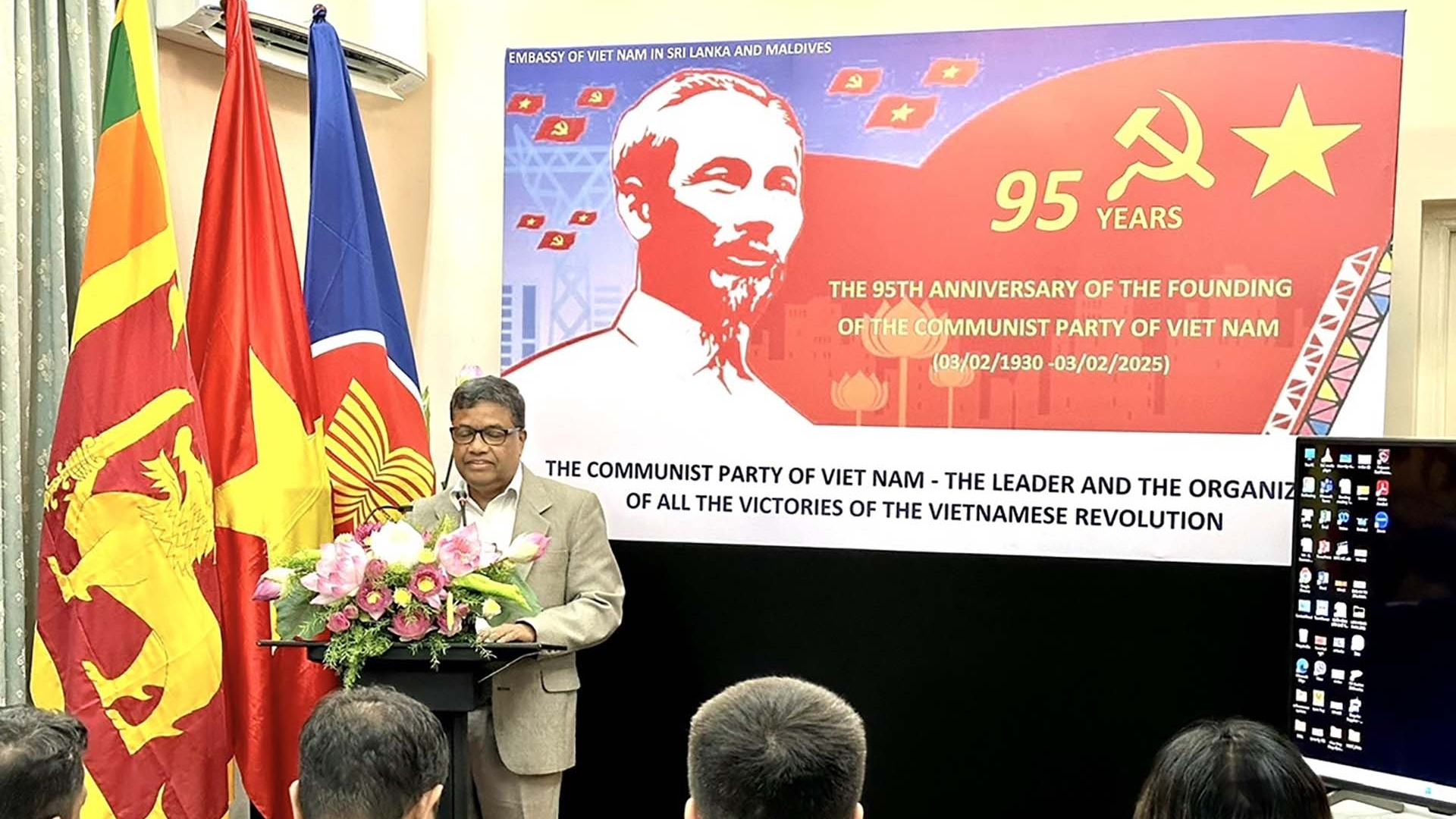

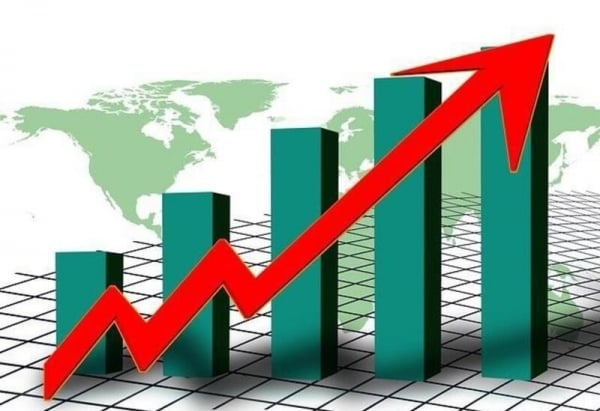

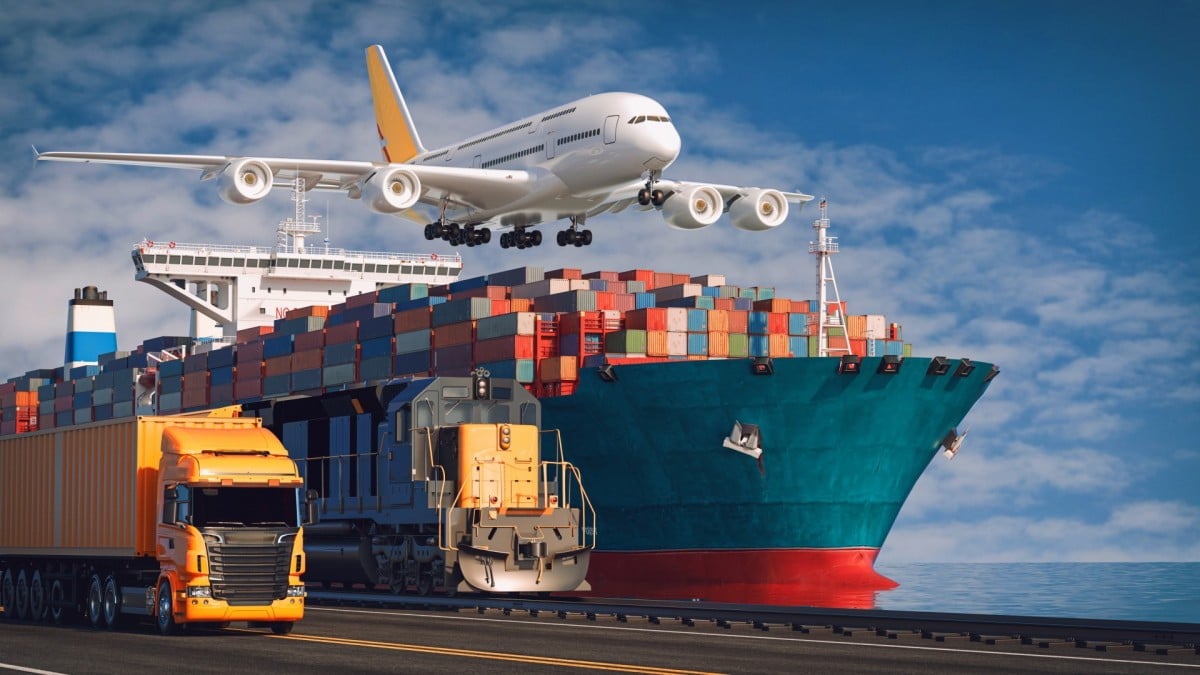
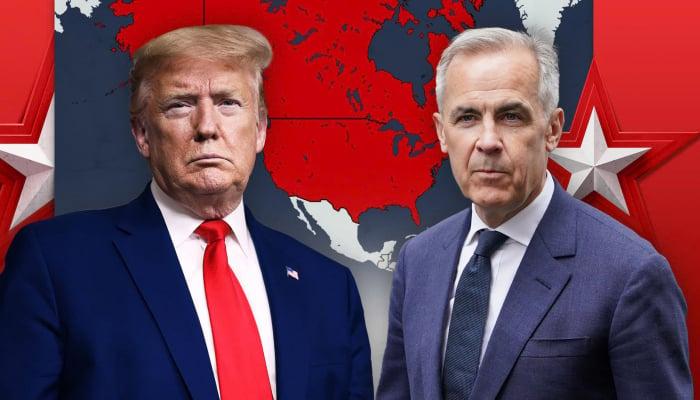
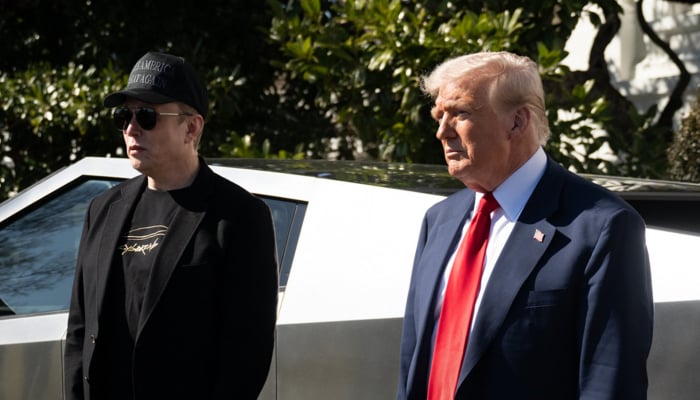
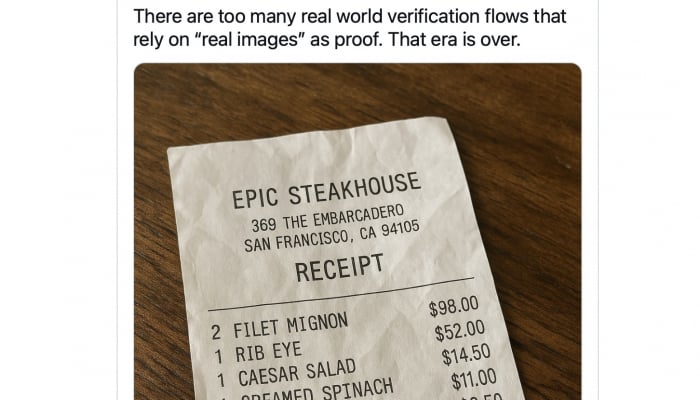
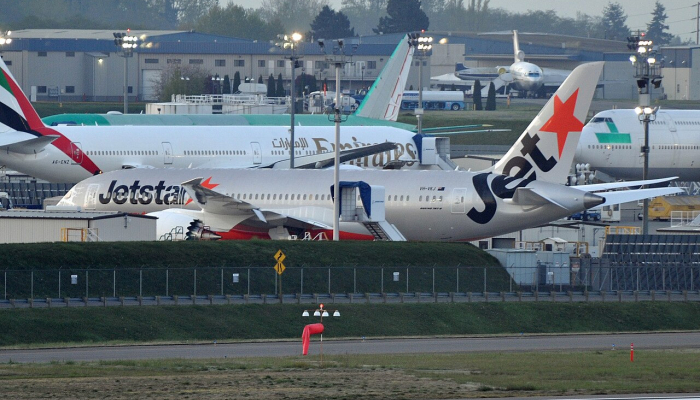
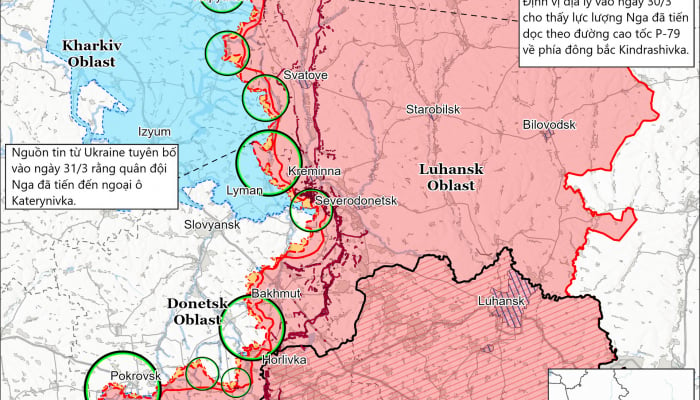
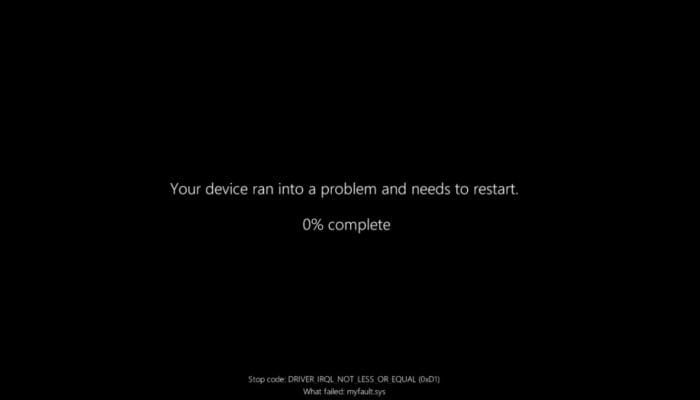









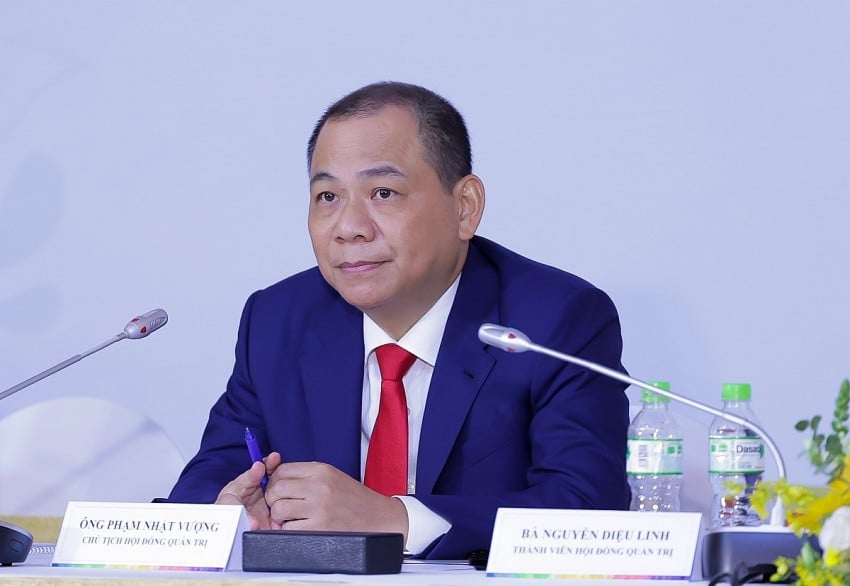
![[Photo] Myanmar's capital in disarray after the great earthquake](https://vstatic.vietnam.vn/vietnam/resource/IMAGE/2025/4/1/7719e43b61ba40f3ac17f5c3c1f03720)










































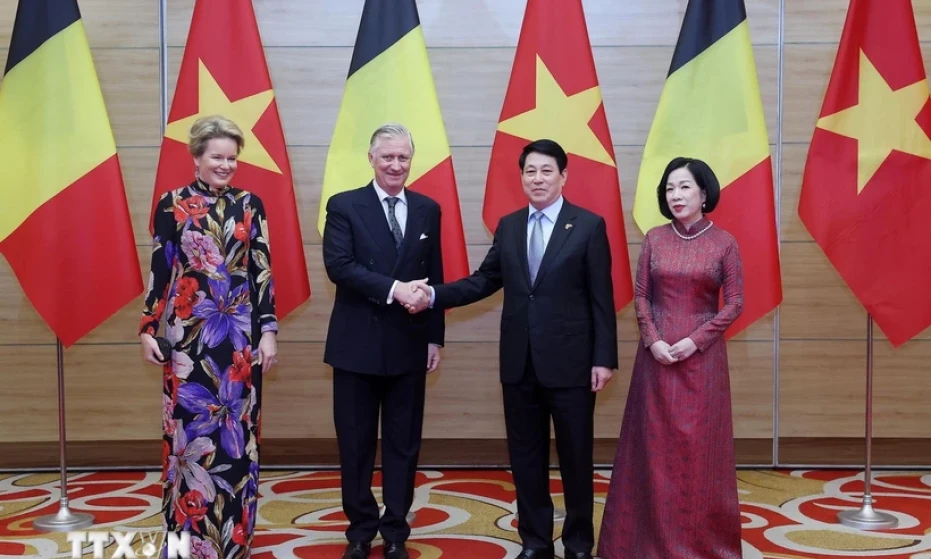




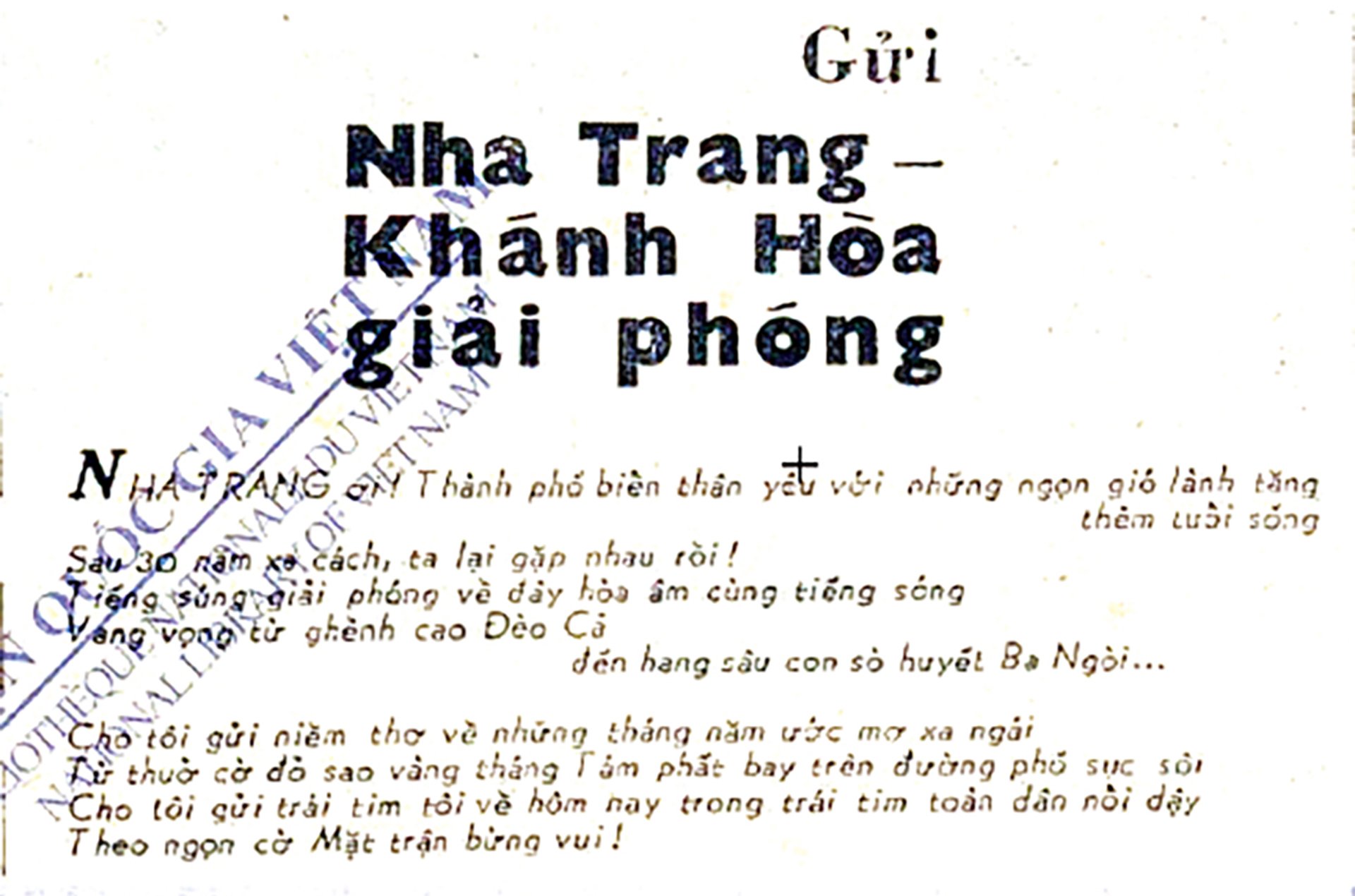

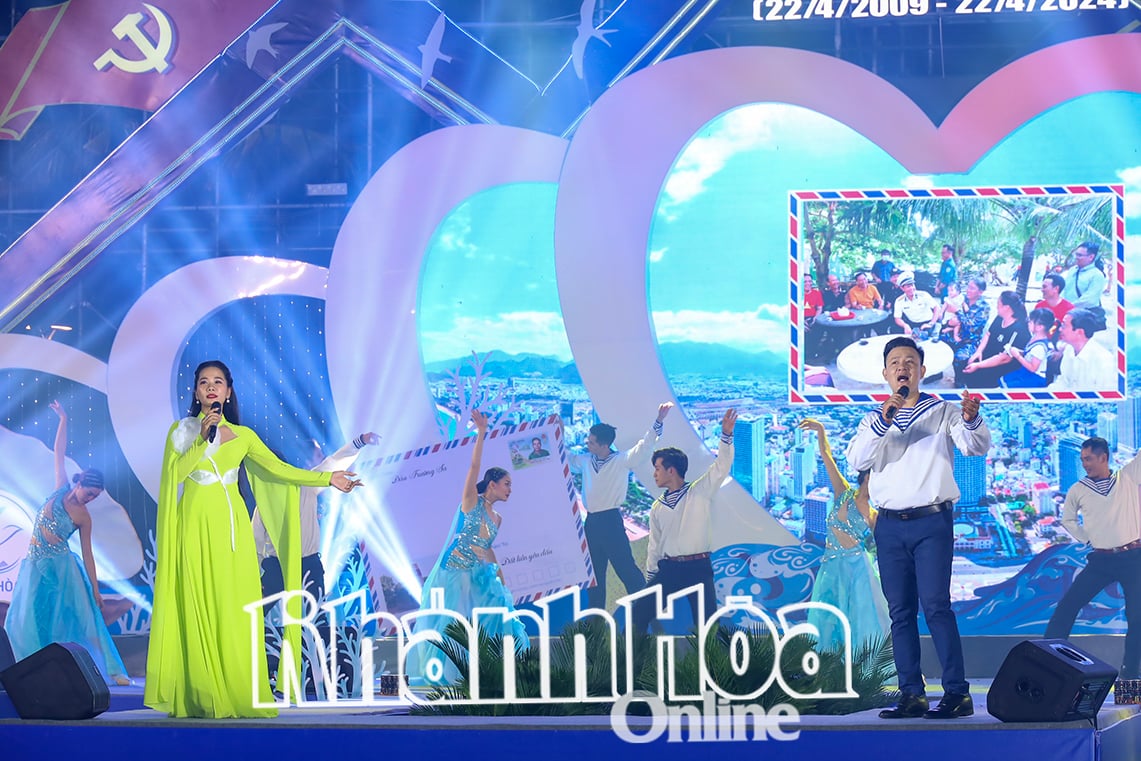
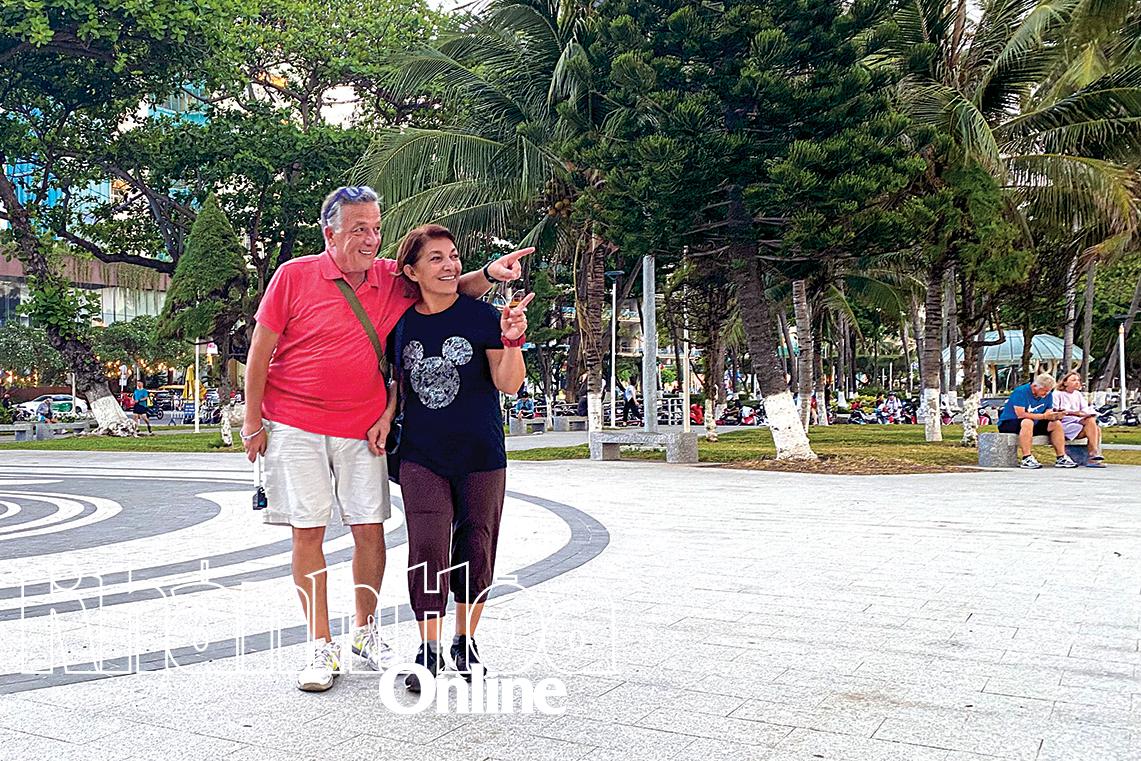










Comment (0)